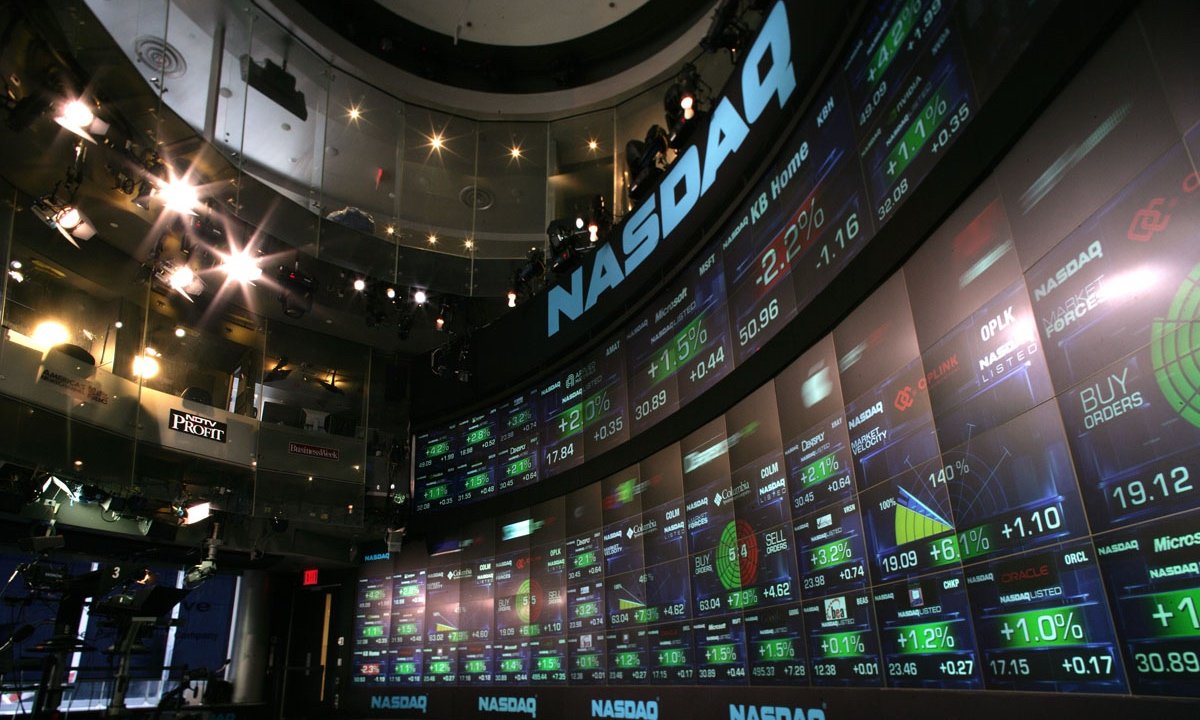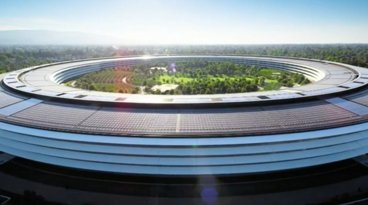Investment firm RBC Capital Markets slashed its price target for Apple stock to $140 this week, saying data from the company's extensive supply chain suggests iPhone sales could shrink in 2016.
Analyst Amit Daryanani lowered estimates on AAPL for both its March and June quarters, reflecting supply chain signals, as well as his own concerns over tough comparisons during the first six months of calendar 2016.
According to Daryanani, a "host of supply chain data points" indicate that Apple's iPhone lineup is set to face difficult headwinds in March. He estimates that Apple will ship 54 million iPhones in the March quarter, which is well below Wall Street expectations of 60-million-plus units.
For fiscal year 2016, he believes Apple will ship about 227 million iPhones, which would be a 2 percent decrease year over year. He expects that year-over-year growth will resume in the June quarter and beyond.
Despite the cuts, Daryanani has retained his "overweight" rating for AAPL stock, advising investors to buy in. But he reduced his price target from a previous estimate of $150 down to $140.
Through calendar 2016, he sees AAPL stock moving "appreciably higher" thanks to increased average selling prices across iPhone models, as well as higher prices driven by the launch of the iPad Pro. He's also optimistic about a rumored new 4-inch iPhone that could target new price points, and he expects Apple's gross margins to increase during the iPhone 6s product cycle.
Investors and analysts have been spooked in recent days, after a number of key Apple suppliers cut estimates. Specifically, Daryanani cited poor outlooks from Avago Technologies, Dialog Semiconductor, Analog Devices, and Jabil Circuit.
Not all have expressed such concern over the cuts, however. Earlier this week, analyst Gene Munster of Piper Jaffray advised investors not to worry about supplier data, indicating it's unwise reading heavily into vague estimates.
Apple Chief Executive Tim Cook also said as much back in 2013, reminding investors that his company uses multiple suppliers for the same components. Apple skews orders accordingly for a variety of internal reasons, including pricing, yield rates, technology and otherwise.
"The supply chain is very complex, and we obviously have multiple sources for things," Cook said. "Even if a particular data point were factual, it would be impossible to interpret that data point as to what it meant for our business."
 Neil Hughes
Neil Hughes





-xl-m.jpg)


-m.jpg)






 Wesley Hilliard
Wesley Hilliard
 Christine McKee
Christine McKee
 Amber Neely
Amber Neely
 William Gallagher
William Gallagher
 Malcolm Owen
Malcolm Owen

 Mike Wuerthele
Mike Wuerthele









54 Comments
Is there any site that tracks analysts' forecasts, and then compares them to (later) actual results?
We discuss Wall Street analysts a lot on this forum; I'd love to see some objective data on track records, devoid of the passion that sometimes blocks analysis.
So sick of hearing these analysts. They are simply getting attention and/or driving the market. That's the way this works...it's like the move Wall Street.